Linzi Murray owns Valley Junction’s new hot spot for book lovers, Reading in Public Bookstore + Cafe. As of press time, the shop was scheduled to open in October. Photograph courtesy Reading in Public.
Writer: Karla Walsh
We checked in with three local bookstore owners for their best reads of the year. Put them on your holiday shopping list for the readers in your lives (or maybe for a gift for yourself).
Linzi Murray
Owner, Reading in Public Bookstore + Cafe
For Linzi Murray (pictured above), the thought of opening her new Valley Junction shop in fall 2022 was a bright spot amid a rough pandemic. “The degree of devastation and loss I felt when the many bookstores shut down in 2020 was wholly unexpected,” she says. “My favorite places were off-limits. So I began to invest myself into a book-specific Instagram, taking pictures and reviewing books.”
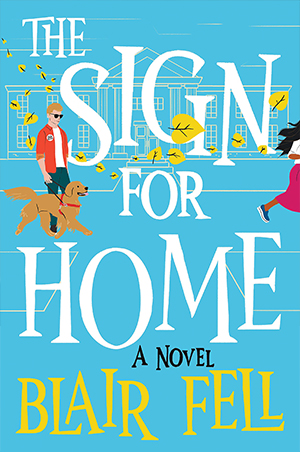 By July 2021, she planned to open a brick-and-mortar store in Valley Junction because “I was enchanted by the idea of being connected to a place with history, notably how Jordan House (a museum blocks away from her store) was a stop on the Underground Railroad,” she says. At press time, the store was expected to open at 315 Fifth St., Suite 100, in West Des Moines sometime in October.
By July 2021, she planned to open a brick-and-mortar store in Valley Junction because “I was enchanted by the idea of being connected to a place with history, notably how Jordan House (a museum blocks away from her store) was a stop on the Underground Railroad,” she says. At press time, the store was expected to open at 315 Fifth St., Suite 100, in West Des Moines sometime in October.
With more than 130 books under her belt in 2022 by the time we chatted in late summer, Murray had a difficult time selecting just one. But when pressed to pick the most unforgettable, giftable of the bunch, she landed on “The Sign for Home” by Blair Fell (Simon & Schuster).
“Ignore both the cover and synopsis and just trust me. Neither does this fantastic novel justice; this is not a romantic love story,” Murray says. Rather, it’s a tale of love and acceptance of a found family, with a focus on the relationship between Arlo, a 23-year-old Jehovah’s Witness who is deaf and blind, and his new tactile sign language interpreter, Cyril.
“Arlo’s world has been oppressively small all his life, but his friendship with Cyril gives him the courage and means to start envisioning and pursuing his future,” Murray says.
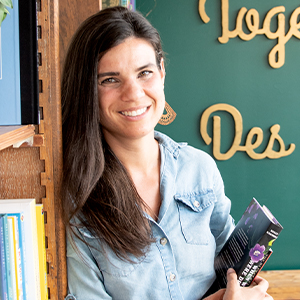
Abbey Paxton
Owner, Storyhouse Bookpub
As a high school English teacher just out of college, Abbey Paxton loved teaching about reading, but didn’t have much time to do it herself. Books started to feel fun again when she stumbled into a job at an indie bookstore in Denver, Colorado. There, she “fell in love with the thrill of keeping up with authors and newly released books and talking with the community about what they were reading.”
After moving here in 2019, Paxton hadn’t found a new full-time job that captured her heart as much as the bookstore had, so she began drawing up plans for her own business. What started in late 2020 as a “makeshift store in my garage over the holidays for safe pandemic shopping,” Paxton explains, took root and grew into Storyhouse Bookpub in the East Village (505 E. Grand Ave., Suite 102).
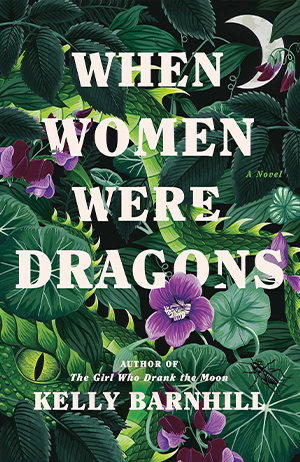 Raygun owner Mike Draper “invited me to see the space on Grand Avenue we now occupy. I basically pinch myself every day in disbelief that this bookstore gets to be in one of the most welcoming neighborhoods in Des Moines,” Paxton says.
Raygun owner Mike Draper “invited me to see the space on Grand Avenue we now occupy. I basically pinch myself every day in disbelief that this bookstore gets to be in one of the most welcoming neighborhoods in Des Moines,” Paxton says.
From that street-adjacent, window-lined spot, she now hosts book clubs, family story times and author events with coffee from neighboring Daisy Chain and treats from local bakers.
Her favorite book of 2022, one that she deems “obsessively readable and empowering,” is “When Women Were Dragons” by Kelly Barnhill (Doubleday). “Set in the 1950s, the world reckons with ‘mass dragoning’ where thousands of women—many housewives—transform into dragons and fly away.” The book follows the narrator, Alex Green, as she experiences the dragonings as a young girl and awakens into womanhood.
“Barnhill gives us a safe, soft place to see ourselves in the delicate strength of female rage via striking images and complex characters, particularly in this cultural moment of the overturning of Roe v. Wade,” Paxton says.

Hunter Gillum
Co-owner, Beaverdale Books
“I don’t remember a time [when] I didn’t love reading,” Hunter Gillum admits. “It was around eighth grade that I started taking reading more seriously and started to expand the genres. I knew by high school that I wanted to work with books for my career. Owning a bookstore was always a dream.”
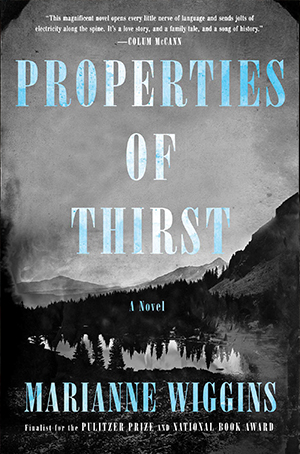 That dream came true last January, when Gillum stepped in as co-owner of Beaverdale Books (2629 Beaver Ave., Suite 1).
That dream came true last January, when Gillum stepped in as co-owner of Beaverdale Books (2629 Beaver Ave., Suite 1).
He selected “Properties of Thirst” by Marianne Wiggins (Simon & Schuster) as his top book, noting that it’s perfect for readers who loved “The Overstory” by Richard Powers.
“This sweeping American epic takes place in California in the months preceding Pearl Harbor. Rocky Rhodes and his family own a ranch that is now next to an internment camp, and the man in charge of building the internment camp falls in love with Rocky’s daughter,” Gillum says.
It’s a masterful web of storylines about the Rhodes family members and the soldiers at the internment camp. “Wiggins is a beautiful storyteller,” he adds.
Banned Books Not to Miss
Caught in the political crossfire, some game-changing books have been a hot topic in libraries—especially in schools—over the past year. (Find a list of books challenged since 2005 in Iowa libraries on the ACLU of Iowa’s website, aclu-ia.org.) We tapped these three local shop owners to let us in on their favorite challenged tomes. Read them, share them, savor them; they’re worth your time and worth fighting for, they say.
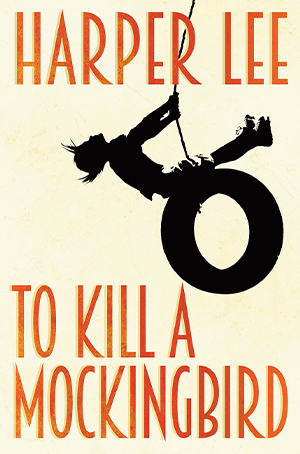
“To Kill a Mockingbird” by Harper Lee (J.B. Lippincott and Co., 1960). “This really opened my eyes to how literature can be used to examine fraught issues like prejudice. A black man is wrongfully accused of committing a crime and Atticus Finch is assigned as his lawyer. The lawsuit rocks the town of Maycomb, Alabama, and the story is told from the perspective of Atticus’ daughter, Scout.”—Hunter Gillum
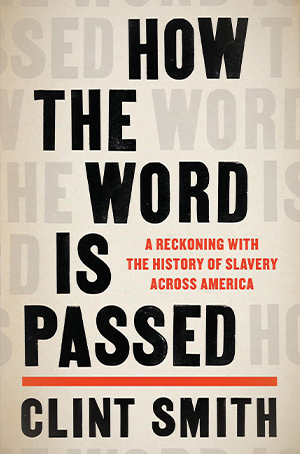
“How the Word Is Passed: A Reckoning With the History of Slavery Across America” by Clint Smith (Little Brown and Co., 2021). “Smith, a writer and poet, visits seven historical sites with deep ties to slavery in America, revealing both what happened there and how each place, in the present day, has chosen to address their histories. This is one of my favorite nonfiction books of all time and is one I think everyone should read.”—Linzi Murray
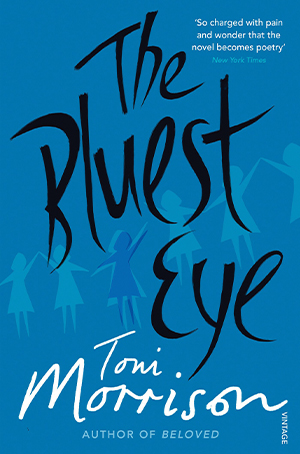
“The Bluest Eye” by Toni Morrison (Holt, Rinehart and Winston, 1970). “A post-Great Depression story of a young woman surviving a traumatic childhood in a small town in middle America told from the alternating viewpoints of her peers and flashbacks. The title refers to the main character’s recurring wish for blue eyes. The novel is frank in its exploration of Black girlhood, swiftly capturing the particulars of American racism and the horrors of hierarchy without equivocation or preaching.”—Abbey Paxton










